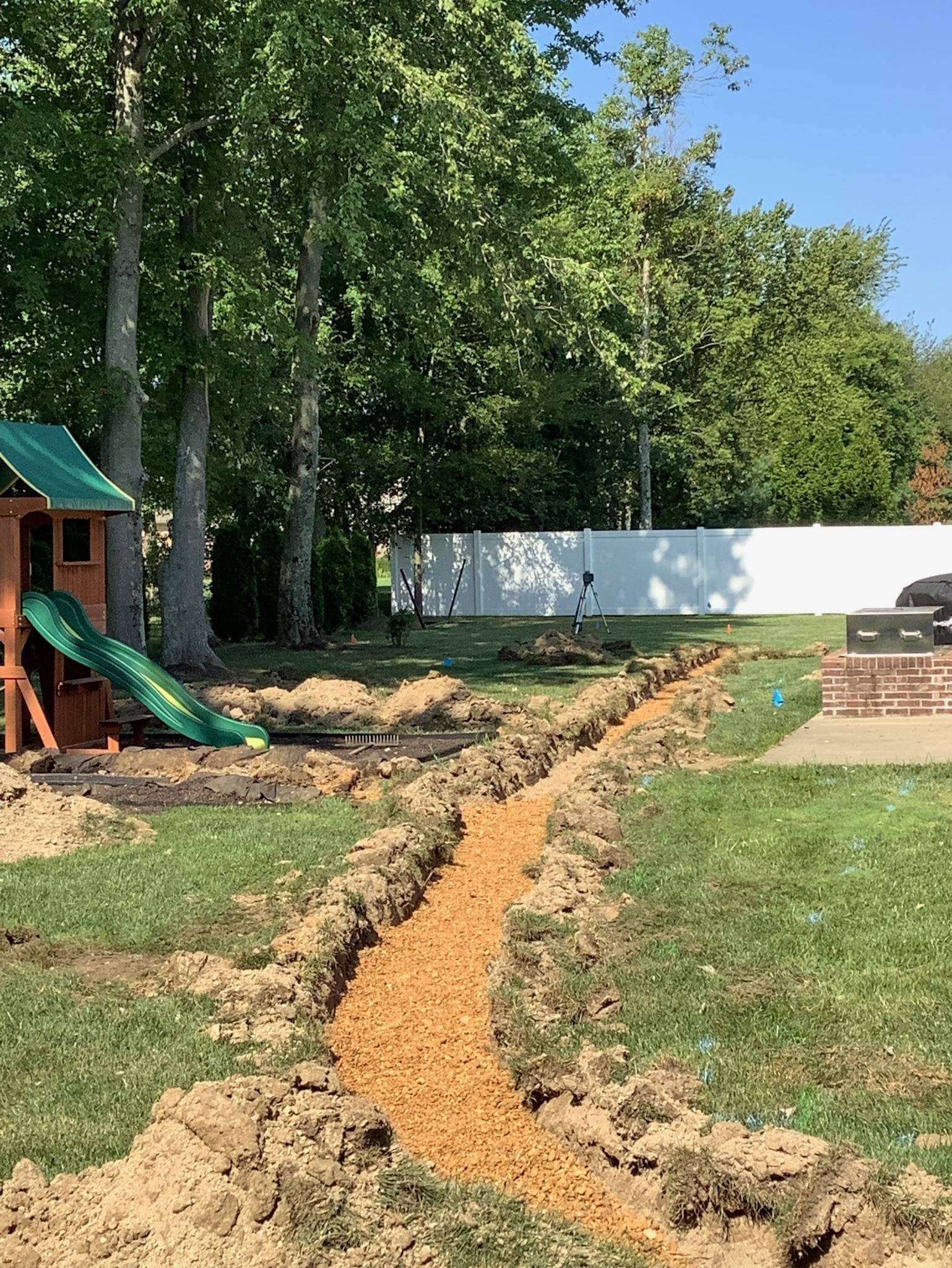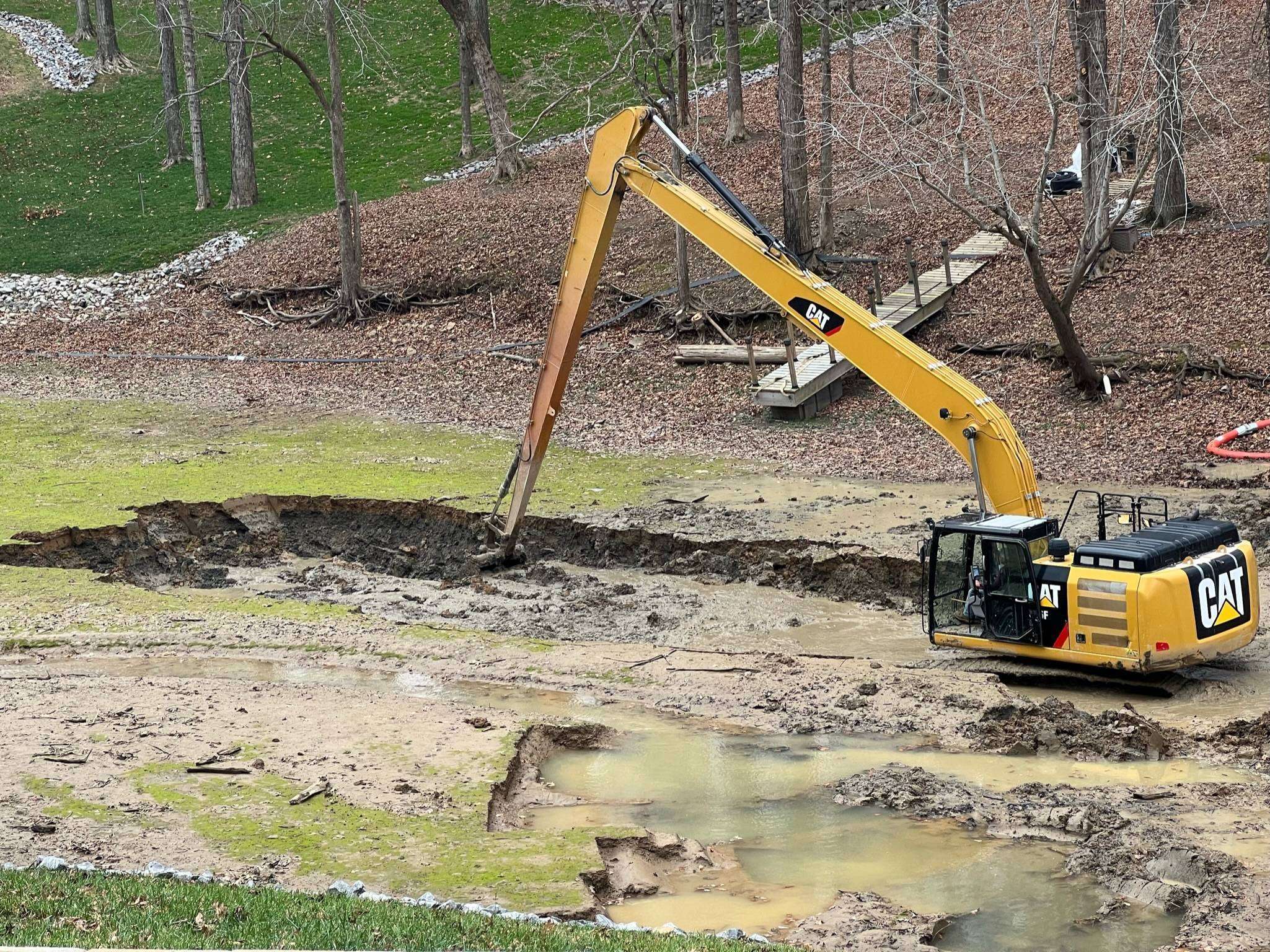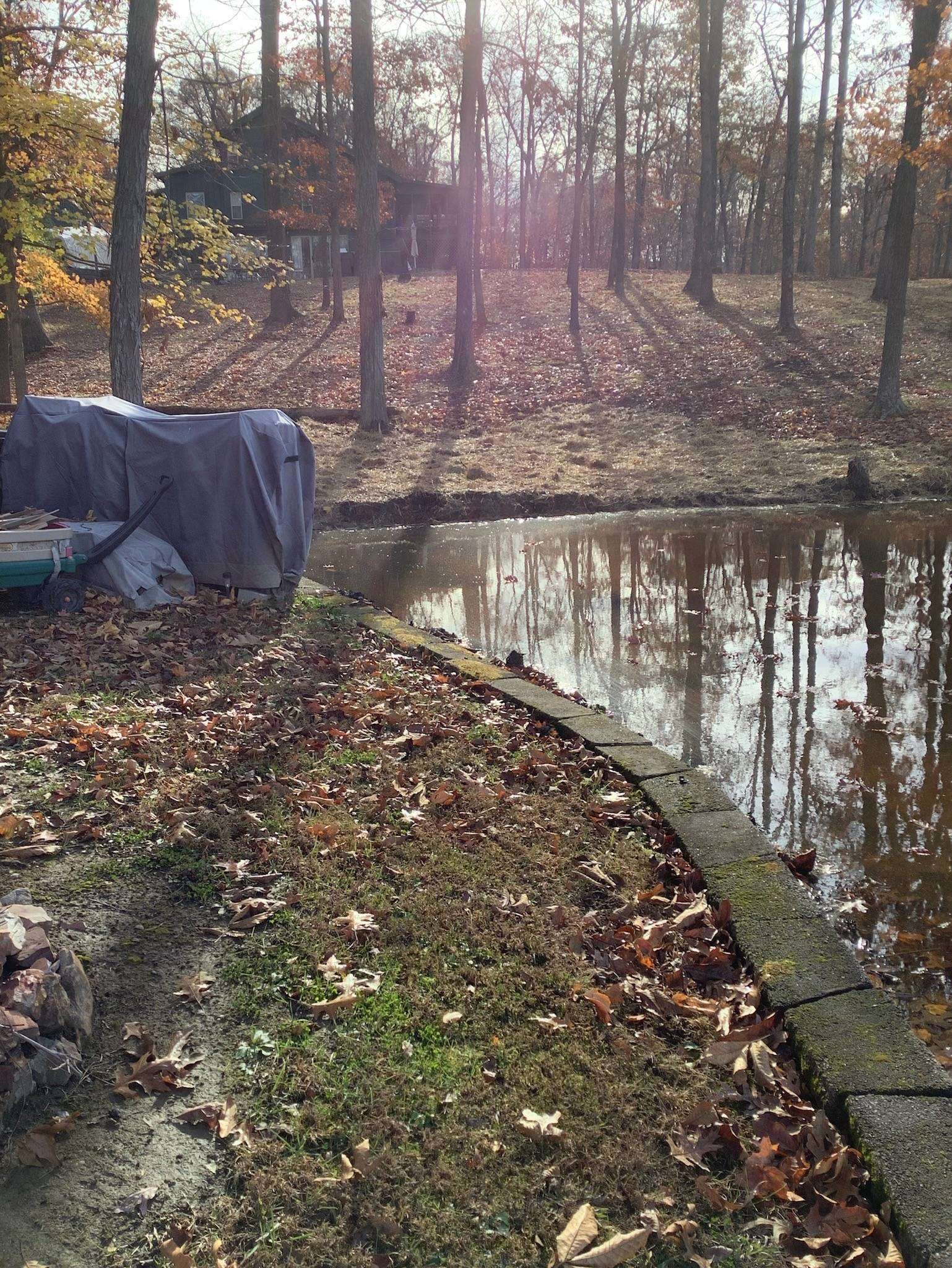The weather can have a major impact on drainage systems and their effectiveness in managing water flow. In this blog, we‘ll look at how different types of weather can affect drainage and what property owners can do to prepare for and reduce the effects.
Rain and other forms of precipitation can easily lead to flooding and other issues if the ground is already saturated or the surfaces are unable to drain the water properly. To prevent this, it‘s essential to maintain drainage systems so they can handle the amount of water generated during rainy periods.
Heat and drought can also have an impact on drainage. When the ground is dry and hard due to prolonged hot weather, it‘s harder for the water to penetrate the soil and be absorbed. This can result in standing water on surfaces, as well as problems with watering plants and maintaining healthy lawns. Property owners should take measures to ensure that their drainage systems are functioning properly during periods of hot and dry weather.
Extreme weather can have a big impact on drainage systems, leading to issues such as flooding and sewer backups. To protect against this, property owners should take steps to prepare for and mitigate the effects of both hot and cold weather. This could mean using mulch to retain moisture in the soil, installing drip irrigation systems to conserve water, and planting drought-resistant plants during dry and hot weather.
To prepare for cold weather, property owners should ensure their drainage systems are properly winterized, such as by insulating pipes and clearing debris from gutters and downspouts. Ultimately, it’s important to be aware of how different types of weather can affect drainage systems and take the necessary steps to ensure they are working correctly.
Supreme Enterprises LLC
At Supreme Enterprises, we understand how weather can have an impact on drainage systems. Rainfall can cause landslides, flooding and soil erosion. Heavy snowfall can cause an increase in water run-off, resulting in the drainage system becoming overburdened. High winds can result in debris blocking the drainage system, creating a back-up of water. This can lead to flooding and other issues.
During extreme cold periods, the water in the pipes can freeze, leading to burst pipes and flooding. Heatwaves can increase evaporation, resulting in a decrease in the amount of water in the drainage system.
Supreme Enterprises takes these weather conditions into account when designing drainage systems, to ensure they are able to cope with any weather-related issues that may occur. We also regularly assess the current weather conditions to ensure the drainage system is working properly, and can act quickly if there is a problem. We understand that the weather can have a major impact on drainage systems and takes the necessary steps to protect them.
Contact us today for more information












